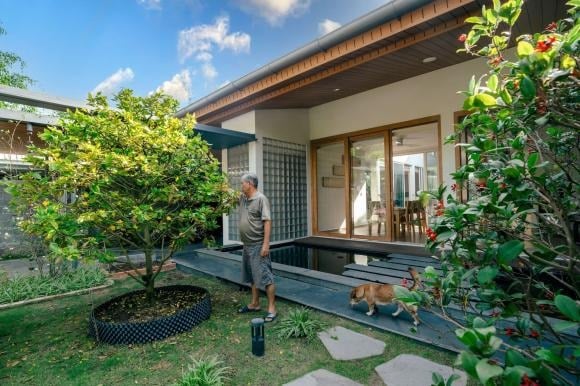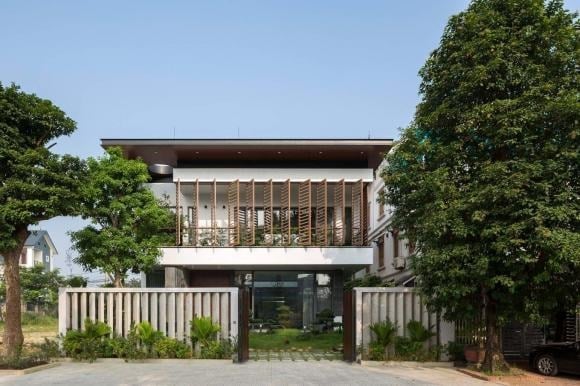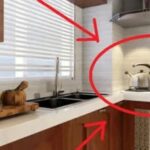A house with good feng shui often feels comfortable and spacious from the moment you step inside. Natural light floods in, and the space is always kept clean and tidy, allowing for smooth airflow. Ideally, the house is positioned to catch the breeze and avoid negative energy from direct roads or sharp corners, thus attracting positive energy.
An unobstructed front door is ideal for inviting wealth and prosperity. Additionally, harmonious colors and lush greenery indicate the presence of positive energy. Houses that possess these elements not only bring good fortune but also nurture a sense of peace, health, and prosperity for the occupants.
A Well-Lit House That Catches the Sun and Breeze
Homes lacking natural light can feel gloomy and damp, creating an environment conducive to bacteria and mold growth. Over time, this can significantly impact the physical and mental health of the residents.
On the other hand, a bright and airy house with ample natural light and cross-ventilation provides a dry and clean living space, enhancing the quality of life. People living in such an environment tend to have a positive outlook, happiness, and stable health. This is essential not only from a feng shui perspective but also supported by modern science.

Spacious Front, Secure Back – A Balanced Home
Since ancient times, the wise saying, “A clear path ahead and a solid backing” (“Trước minh đường, sau huyền vũ”), has guided us. It suggests that the front of a house should have a spacious area, such as a yard or a path, that is clean and bright. This open space not only invites positive energy and natural light but also symbolizes a bright future. Conversely, if the front door faces dead-end alleys, dry trees, utility poles, or garbage dumps, it can create a sense of confinement, negatively affecting the spirit and luck. This is considered a form of “conflict” in feng shui.
The back of the house is equally important. A solid backing, such as a sturdy wall, a row of tall trees, or a line of houses behind the property, provides a sense of security and stability, akin to having a solid backing to lean on. Conversely, if the back of the house is too open, with deep valleys, large bodies of water, or strong currents, occupants may feel anxious, encounter obstacles in their endeavors, and struggle to maintain financial stability.

Gathering Wind and Retaining Energy – The Core of Residential Feng Shui
Contrary to popular belief, a larger house is not always better in feng shui. A spacious home that is not properly arranged can feel cold, barren, and challenging to retain positive energy.
The key lies in the airflow within the house. If the wind blows straight from the front door to the back or through windows placed directly across from each other, it can be unsettling and exhausting for the occupants, as wealth energy may struggle to settle.
Conversely, a moderately sized house with intelligent design allows for gentle, comfortable airflow and harmonious natural light, creating an ideal living environment that invites long-term residency.
Square Houses – Harmonious Layout, Conducive to Positive Energy
Traditional beliefs hold that square or rectangular houses with balanced proportions provide stability and ease of furniture arrangement, optimizing space utilization. In contrast, irregularly shaped homes, such as triangles or polygons, or those with missing corners, tend to have imbalanced layouts, underutilized space, and potential energy disruptions.
Particularly, according to feng shui, missing corners in the northwest or northeast directions might negatively affect the family’s pillar. While modern interpretations are more flexible, square houses remain the optimal choice for construction, durability, and convenience in daily life and decoration.





































